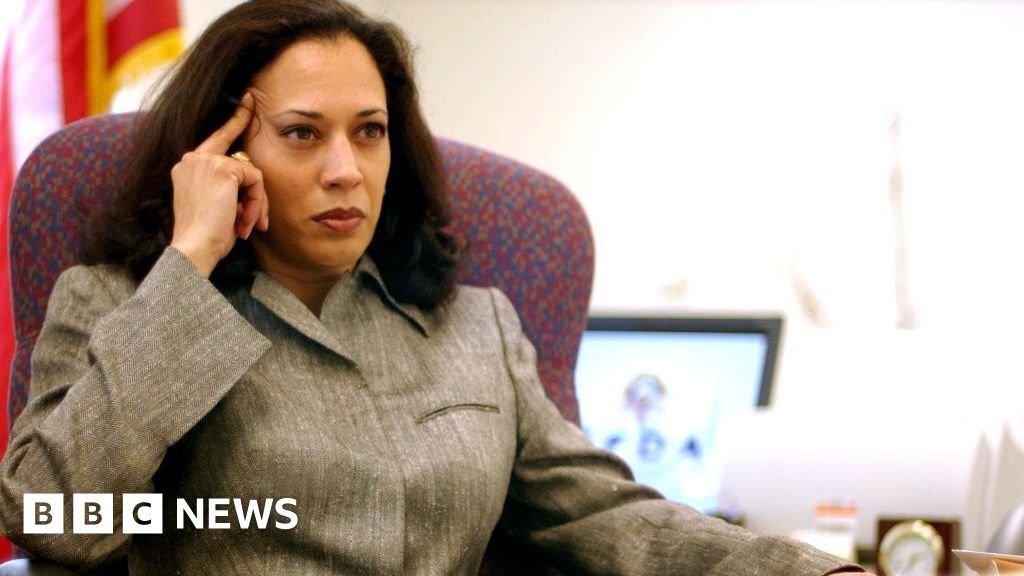Throughout her career in law enforcement, Harris associates sought to paint her as a “progressive prosecutor” committed to criminal justice reform but also tough on crime.
Walking around a liberal city in the nation’s most left-leaning state was fine, and according to critics on both sides of the political aisle, she didn’t follow through.
As district attorney, she adopted a so-called “smart crime” philosophy that included initiatives to keep nonviolent offenders out of prison by sending them to vocational training programs and ensuring that young offenders stay in school.
Niki Solis, an attorney with the San Francisco Public Defender’s Office who worked opposite Harris in the early 2000s, said she shared her concerns about how young victims of human trafficking are accused of prostitution rather than treated as victims.
“I realized that she understood the issues that many of her predecessors and many (district attorneys) up and down the state failed to understand or even acknowledge,” Ms. Solis said.
Trump and his allies on the right tried to play up this time in her career by portraying her as part of the “liberal elite of San Francisco.” But on the left of politics, she is accused of insufficient reformist orientation, and some on social networks nicknamed her “Kamala the policeman.”
But by the time Harris was elected California attorney general in 2010, her progressive leanings seemed to give way to political pragmatism.
“She was looking for a bigger national profile. She wanted to leave a mark. There was definitely an expectation of an interesting future,” said Gil Duran, who worked for Harris in the attorney general’s office for several months.
“The attorney general — normally a sleepy backwater office — is now home to a rising star.”
On the national stage, Harris began to make her mark. In 2012, in the wake of the global financial crisis, Harris threatened to withdraw from financial settlement negotiations between state attorneys general and five US banks. California was to receive about $4 billion in the original deal, and Harris ended up securing $18 billion for the state.
The Harris campaign highlighted the case on the campaign trail as further evidence that it is willing to stand up to powerful interests.
But later reports show that only $4.5 billion of the settlement ended up going to California homeowners who were ripped off by lenders.
In moves that angered some liberals, she implemented a statewide school absence program that some district attorneys have used to arrest parents. And she failed to comply with a Supreme Court order to reduce overcrowding in the state’s prisons.
She also reversed her previous stance on the death penalty in 2014 when, as attorney general, she appealed a lower court ruling that found it unconstitutional. Now the prosecutor, who once refused to sentence brutal murderers to the death penalty, has defended the state’s right to do so.
Hadar Aviram, a professor of criminal justice and civil rights who appealed to Harris to uphold the decision, was one of many critics of her position.
“You don’t have to defend something that’s morally wrong,” she told CNN in a 2019 episode. “If you truly believe they are morally wrong and you have an opportunity to take a stand, I think you should.”

